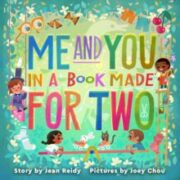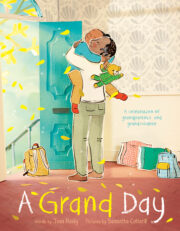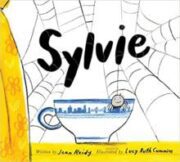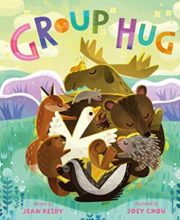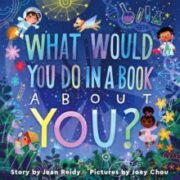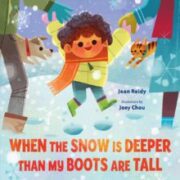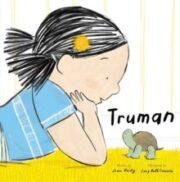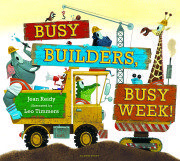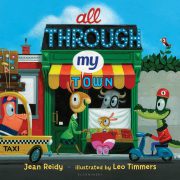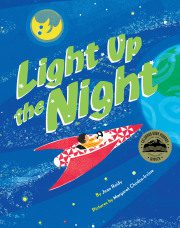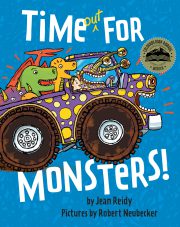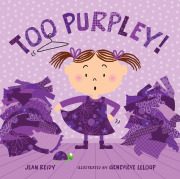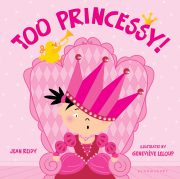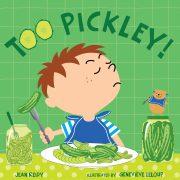 Mary Bartek, one of my oldest (meaning going back a long time with no reference to age because we don’t talk about age in our crit group) writing buddies published her award-winning FUNERALS AND FLY FISHING in 2004. And now 5 years later, this fun book has been released again in paperback. And it has a brand-new cover. I love it!
Mary Bartek, one of my oldest (meaning going back a long time with no reference to age because we don’t talk about age in our crit group) writing buddies published her award-winning FUNERALS AND FLY FISHING in 2004. And now 5 years later, this fun book has been released again in paperback. And it has a brand-new cover. I love it!
It’s the story of Brad Stanislawki, who’s looking forward to summer vacation and a break from his new school, where life hasn’t exactly been perfect. But unfortunately for Brad, getting away means a visit to his grandfather’s house – which also happens to be a funeral home. Bartek packs humor, adventure, poignancy – and even a few dead bodies – into this terrific tale.
And in paperback, it’s a great read anywhere for some lucky middle grade boy or girl.




